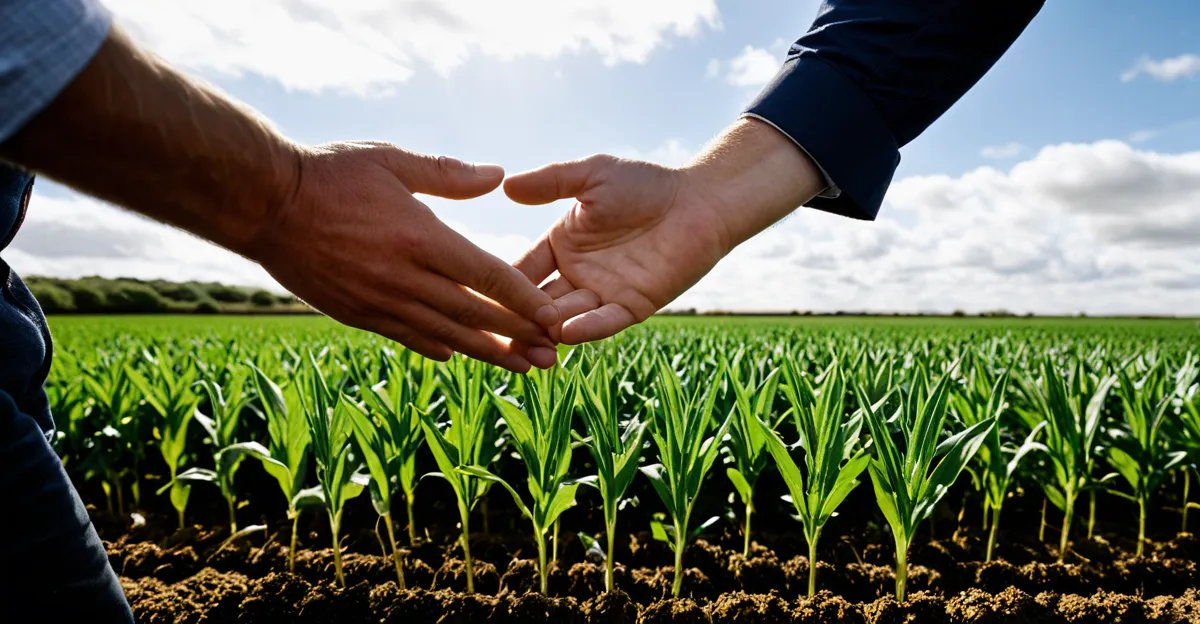Leading UK Technologies Transforming Agriculture
The UK agricultural innovation landscape is rapidly embracing precision farming through robotics, automation, AI, and advanced data analytics. Robotics are now integral to farming operations, automating tasks like seeding, harvesting, and crop monitoring, thereby improving efficiency and reducing physical strain on farmers. These developments are fueled by the adoption of AI, which analyzes large datasets for precise irrigation, fertilization, and disease management decisions. This AI-driven insight directly enhances both crop and livestock management, allowing for tailored interventions that boost health and productivity.
Precision farming tools use satellite imagery, sensors, and GPS technologies to target resources accurately, significantly increasing yield while minimizing waste. For example, drone-based monitoring captures high-resolution data to detect crop stress early, guiding timely actions that save resources and improve output. The fusion of technology in UK agricultural innovation demonstrates a practical path toward sustainable farming — maximizing yields without compromising resources. This comprehensive strategy exemplifies how agri-tech advancements make farming smarter, more productive, and environmentally responsible.
Also to read : How Can Technology Startups in the UK Secure Funding for Growth?
Pioneering Projects, Startups, and Innovators in UK Agri-Tech
UK agri-tech startups are at the forefront of agricultural innovation projects, developing solutions that combine robotics, AI, and data analytics to revolutionize farming. For example, some startups focus on creating autonomous machinery to automate seeding and harvesting, directly linking to the broader UK agricultural innovation landscape. These ventures emphasize both productivity and environmental sustainability, reflecting the goals of precision farming.
Collaboration between academia and industry is a keystone in driving these innovations forward. Universities often partner with technology entrepreneurs to pilot novel systems that improve crop monitoring and livestock management. Such partnerships facilitate rapid testing, refinement, and scaling of agri-tech advancements.
Also to read : How Did the Rise of AI Transform the UK Tech Industry?
Successful pilot projects further demonstrate the practical benefits of these technologies. For instance, trials using AI-powered sensors have resulted in significant reductions in water and fertilizer use while increasing yield accuracy. These case studies prove that UK agri-tech startups and agricultural innovation projects have tangible impacts, pushing the industry towards smarter, more sustainable agriculture with measurable efficiency gains.

